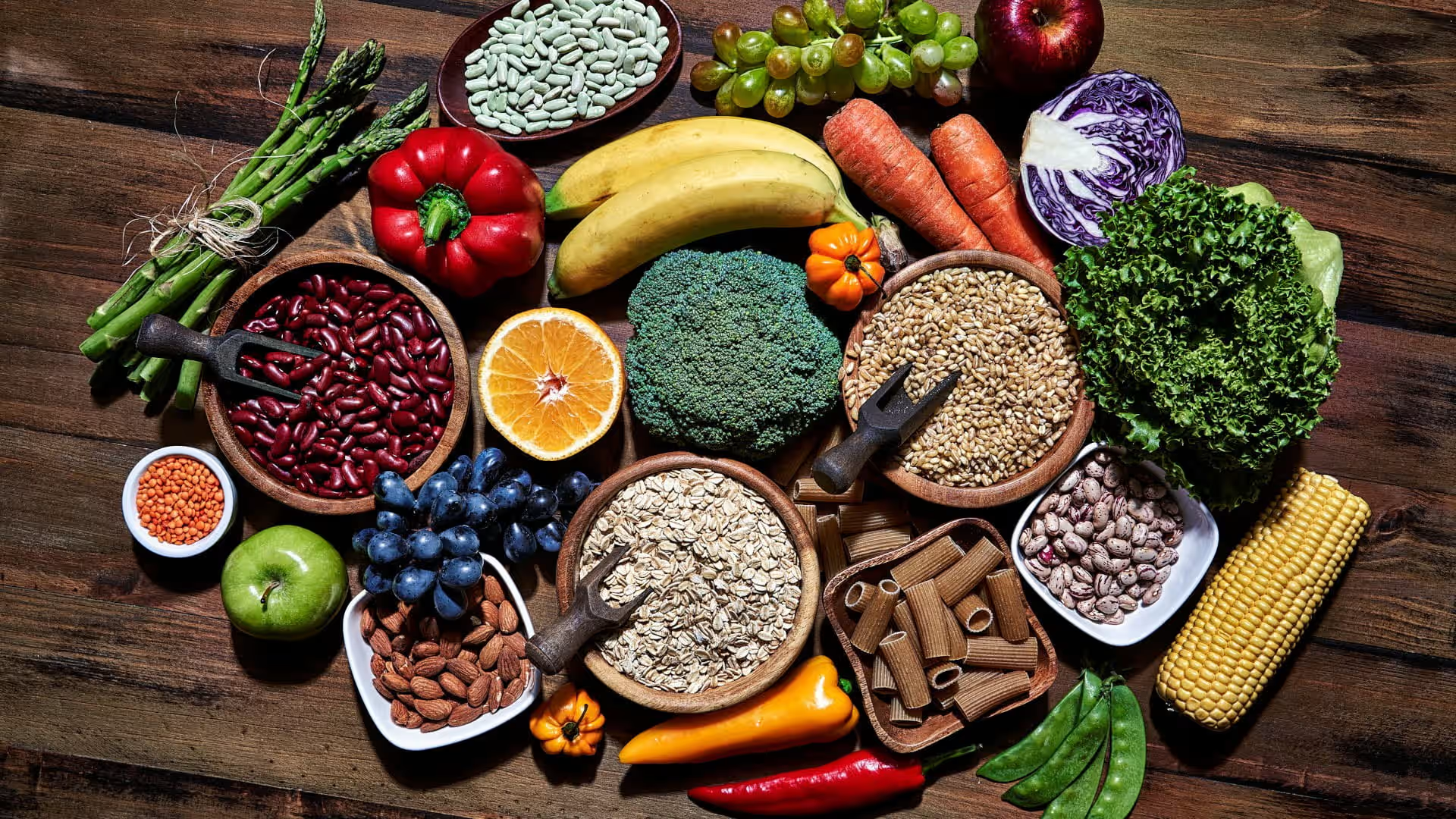
The immune system is a complex network of cells, tissues, and organs that work together to protect the body from foreign invaders, such as bacteria, viruses, and toxins. While the immune system is capable of defending against many types of threats, it can become weakened or compromised due to a variety of factors, such as stress, lack of sleep, and poor nutrition. However, there are several lifestyle, diet, and supplement strategies that can help optimise the immune system and improve overall health and well-being.
One of the most important ways is through regular physical activity. Exercise has been shown to increase the production of immune cells, such as T-cells and natural killer cells, which help to fight off infection and disease. Additionally, regular physical activity can improve overall cardiovascular health, which can also boost the immune system. Aim for at least 30 minutes of moderate-intensity exercise, such as brisk walking or cycling, most days of the week. Sleep is crucial for the body to repair and rejuvenate itself, including the immune system. Chronic sleep deprivation can lead to increased inflammation and a weakened immune response. Aim for 7–9 hours of sleep per night, and try to establish a consistent sleep schedule to regulate the body's internal clock.Diet also plays a major role in immune function. Eating a diet that is high in fruits, vegetables, whole grains, and lean protein can provide the nutrients the immune system needs to function properly. These foods are also rich in antioxidants and anti-inflammatory compounds, which can help to reduce inflammation and improve overall health. Avoiding processed foods and added sugars can also help to improve immune function.
Certain supplements may also be beneficial for optimising the immune system. Vitamin C is well-known for its immune-boosting properties, and can be found in foods such as oranges, strawberries, and kiwi fruit. Vitamin D, which is produced by the body when exposed to sunlight, is also important for immune function. Additionally, probiotics, which are live microorganisms that live in the gut, can help to improve the balance of good bacteria in the gut and support immune function.
The innate immune system is the first line of defence against foreign invaders, such as bacteria, viruses, and toxins. It is a non-specific system, meaning that it does not have the ability to specifically target a particular pathogen. Instead, it relies on a variety of mechanisms to quickly respond to and defend against potential threats. It's composed of several different types of cells, including natural killer cells, macrophages, and dendritic cells. Natural killer cells are responsible for recognising and destroying cells that are infected with viruses or cancerous cells. Macrophages, on the other hand, are cells that are able to engulf and destroy invading microorganisms. Dendritic cells, like macrophages, also engulf foreign invaders but they also act as a bridge between the innate and adaptive immune system. They present the antigens of the invaders to the adaptive immune system's T-cells for further recognition and destruction.
In addition to these cells, the innate immune system also relies on a variety of physical and chemical barriers to protect the body. These include the skin, mucous membranes, and the acidity of the stomach. For example, the skin serves as a physical barrier that prevents pathogens from entering the body, while mucous membranes, such as those in the nose and throat, trap pathogens and prevent them from entering the body.
In summary, there are several lifestyle, diet, and supplement strategies that can help optimise the immune system. Regular physical activity, getting enough sleep, eating a healthy diet, and taking certain supplements can all help to improve immune function and protect the body from infection and disease. The innate immune system plays a key role in the early detection and elimination of pathogens, and also triggers the process of inflammation which is essential for the healing process. It is important to note that everyone's needs are different and it is important to consult with a healthcare professional before making any significant changes to diet or supplement regimen.





